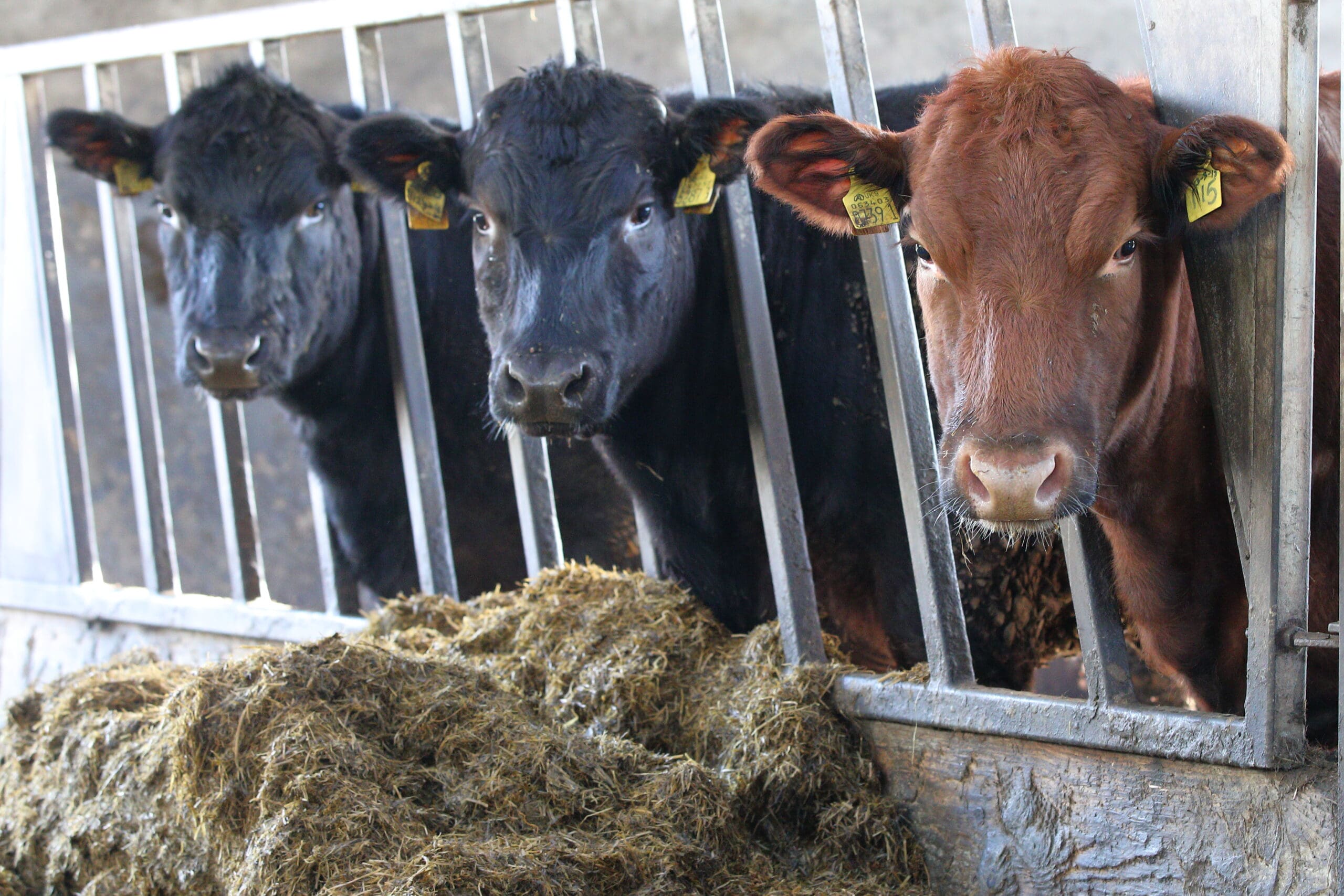
Updated 22/04/15
The newly reformed CAP was nearly three years in the making, from the first set of proposals released in 2011 to the final agreement on local implementation in 2014. From day one, it was always going to be a difficult task to agree a reformed set of rules that would work for all EU member states. It was always the aim of the UFU to secure the best deal possible that would be workable for Northern Ireland.
During months of in-depth discussions with EU Commission officials, MEPs, DARD and the NI Agriculture Minister the UFU put forward a strong case as to why numerous proposals would simply not work for Northern Ireland and if implemented would have had a severely detrimental impact on our agriculture industry. In September 2012, the UFU organised then EU Commissioner Dacian Ciolos to visit Northern Ireland, so he could see for himself the landscape of Northern Ireland and how our farms operate.
In June 2013, a final deal was agreed at an EU level and on the whole it was a deal that was workable for Northern Ireland. The UFU was successful in defeating a number of unsavoury proposals including the ban on the first ploughing of carbon rich soils, the rules around permanent pastures, and we were instrumental in securing the ‘green by definition’ clause, whereby most farms in Northern Ireland are exempt from additional greening measures since they consist of more than 75% permanent grassland and have less than 30 hectares of arable land. We also argued and were successful in securing regional flexibility for member states particularly in relation to the transition period.
Throughout the entire process we fought hard for clarity on the ‘active farmer’ definition, which the Commission was less than forth coming on. We stressed that it was vital that farmers have a clear definition, which included a historical reference point to allow CAP funding to be targeted at active farmers. Unfortunately, farmers were let down by DARD on this as they, ignoring the advice of the UFU, set the baseline date as 2015, which has ultimately caused many issues for farmers on the ground.
With the building blocks in place, it was over to member states to determine how best to implement the new CAP. Following a long drawn out process, which went down to the wire, Agriculture Minister Michelle O’Neill submitted Northern Ireland’s plans for implementation to the EU just days before deadline. While, there were a number of areas where the UFU and the Minister saw eye to eye on, but unfortunately there were issues we disagreed significantly on. In the end, while not perfect we have a CAP implementation package in place and Northern Ireland has a fairly lengthy transition period of seven years, which is the longest in the whole of the UK.
For the latest developments around the new CAP visit our 'CAP reform post 2014' article




